Zbyszek Tenerowicz
Oops! Stories of supply chain shenanigans
#1about 4 minutes
Understanding software supply chain security in JavaScript
Software supply chain security involves managing the risks from third-party code you import, such as NPM packages.
#2about 1 minute
Using npm audit to find known package vulnerabilities
The `npm audit` command helps identify known vulnerabilities, like prototype pollution in older versions of packages like Lodash.
#3about 3 minutes
Overcoming the challenges of running npm audit in CI
Running `npm audit` in CI can lead to frequent build failures from low-risk issues like ReDoS in dev dependencies, causing audit fatigue.
#4about 4 minutes
Managing security alerts with the npm-audit-resolver tool
The `npm-audit-resolver` tool provides an interactive way to review, ignore, or postpone vulnerability alerts from `npm audit`.
#5about 6 minutes
How malicious packages use postinstall scripts to attack
Malicious NPM packages can execute arbitrary code during installation using lifecycle `postinstall` scripts, even if they are never imported in your code.
#6about 4 minutes
How a malicious package can compromise build tools
A malicious package can modify build tools like the TypeScript compiler during installation, causing it to inject malicious code into your application's final output.
#7about 3 minutes
Defending against malicious scripts with --ignore-scripts
Using the `--ignore-scripts` flag during `npm install` prevents `postinstall` scripts from running, but it can break legitimate packages that require them.
#8about 3 minutes
Identifying which package scripts are safe to ignore
The `can-i-ignore-scripts` tool analyzes your dependencies and checks against a community-maintained list to see which packages require their scripts to run.
#9about 1 minute
A secure workflow for installing NPM dependencies in CI
A secure installation process involves using a disposable container, running `npm ci --ignore-scripts`, and then selectively re-running only trusted scripts.
#10about 15 minutes
Q&A on package-lock, CSP, and dependency updates
The Q&A covers the role of `package-lock.json` for reproducible builds, using Content Security Policy (CSP) as a defense, and strategies for updating dependencies.
Related jobs
Jobs that call for the skills explored in this talk.
Hubert Burda Media
München, Germany
€80-95K
Intermediate
Senior
JavaScript
Node.js
+1
Matching moments
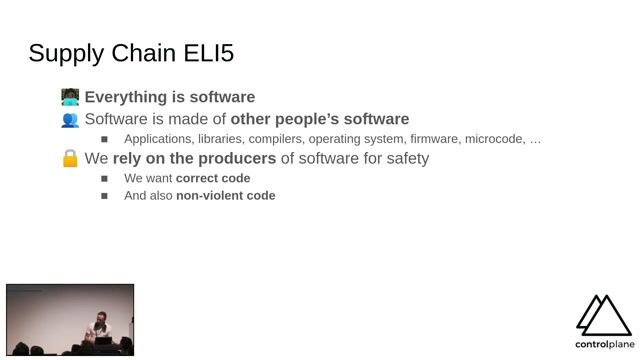
02:44 MIN
Demonstrating a supply chain attack using NPM hooks
Hacking Kubernetes: Live Demo Marathon
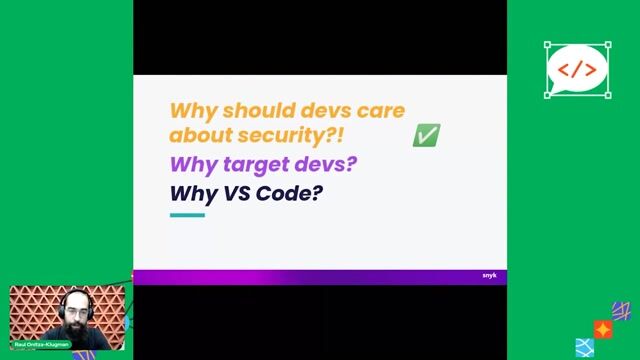
05:43 MIN
How attackers exploit developers and packages
Vue3 practical development
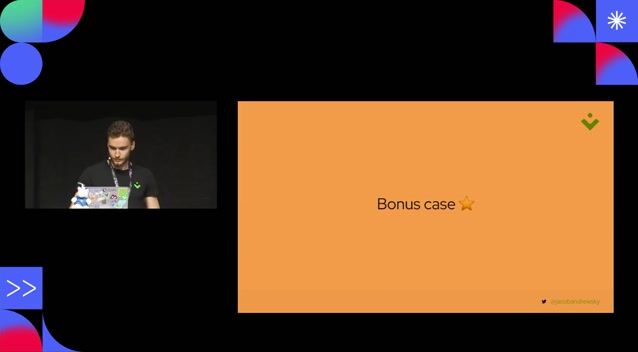
02:18 MIN
The danger of dependency confusion in NPM packages
Security in modern Web Applications - OWASP to the rescue!
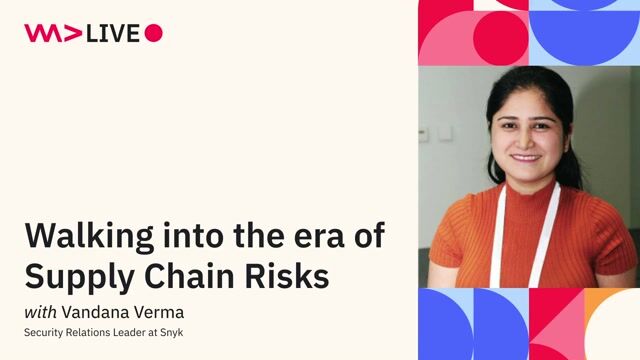
03:36 MIN
Developers as an unintentional malware distribution vehicle
Walking into the era of Supply Chain Risks
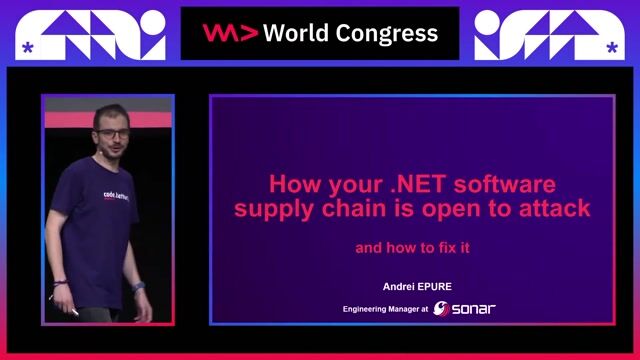
02:52 MIN
Understanding the risks in your software supply chain
How your .NET software supply chain is open to attack : and how to fix it
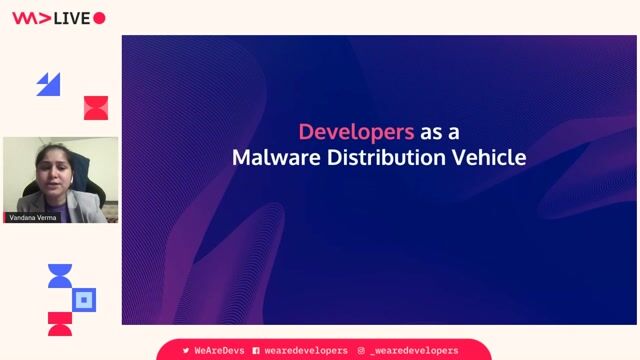
02:39 MIN
How developers can become malware distribution vehicles
Stranger Danger: Your Java Attack Surface Just Got Bigger
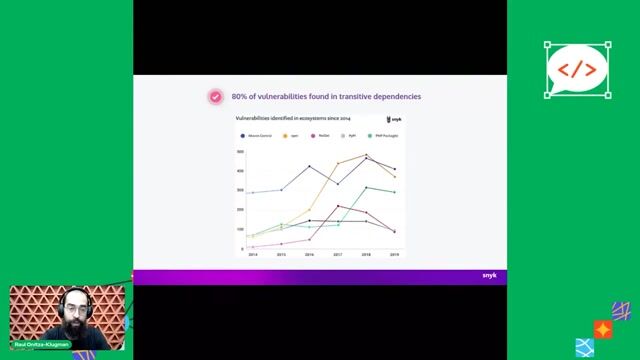
05:49 MIN
Common attacks targeting software developers
Vulnerable VS Code extensions are now at your front door
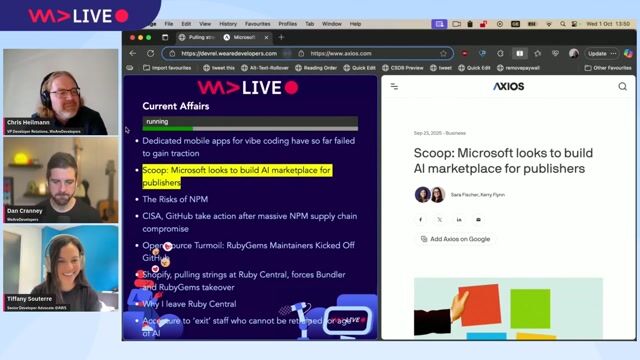
05:36 MIN
Taking action on NPM supply chain security vulnerabilities
WeAreDevelopers LIVE - Build a multi AI agents game master with Strands & our weekly web finds
Featured Partners
Related Videos
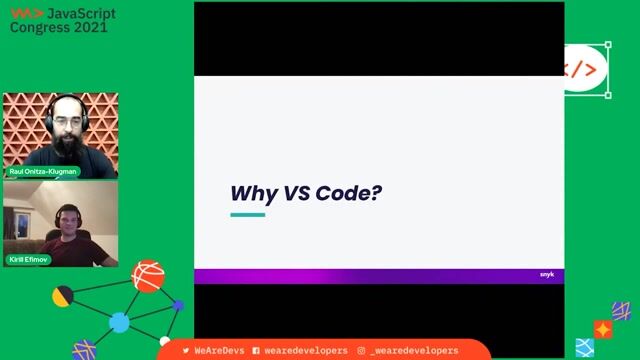 44:11
44:11Vulnerable VS Code extensions are now at your front door
Raul Onitza-Klugman & Kirill Efimov
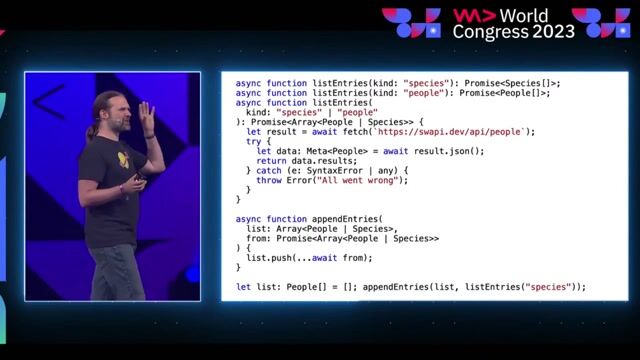 31:13
31:13Lies we Tell Ourselves As Developers
Stefan Baumgartner
 28:41
28:41101 Typical Security Pitfalls
Alexander Pirker
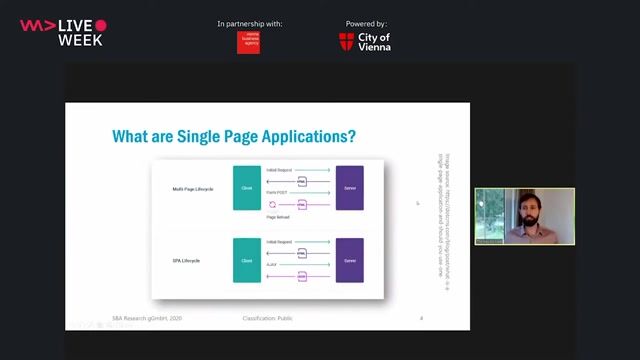 36:39
36:39A Primer in Single Page Application Security (Angular, React, Vue.js)
Thomas Konrad
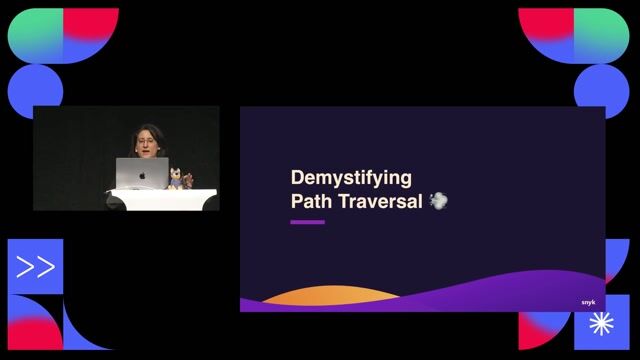 27:10
27:10Hack-Proof The Node.js runtime: The Mechanics and Defense of Path Traversal Attacks
Sonya Moisset
 42:55
42:55Coffee with Developers with Feross Aboukhadijeh of Socket about the xz backdoor
Feross Aboukhadijeh
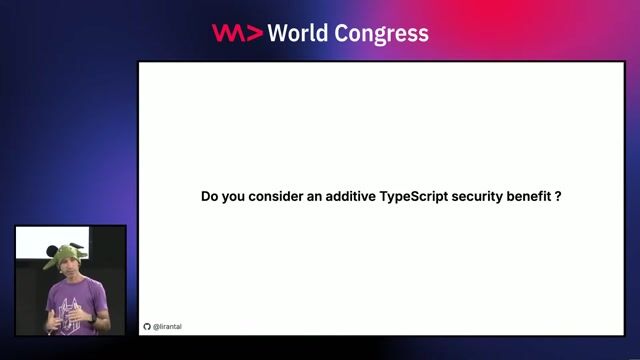 27:41
27:41Friend or Foe? TypeScript Security Fallacies
Liran Tal
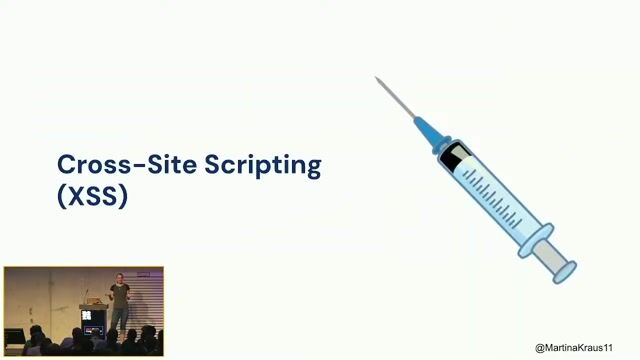 30:54
30:54Cross Site Scripting is yesterday's news, isn't it?
Martina Kraus
Related Articles
View all articles



From learning to earning
Jobs that call for the skills explored in this talk.

Code Healers LLC
Hinesville, United States of America
Remote
€40-50K
Intermediate
Senior
PHP
.NET
React
+2

Confideck GmbH
Vienna, Austria
Remote
Intermediate
Senior
Node.js
MongoDB
TypeScript

Punk Security Ltd.
Remote
£30-40K
Junior
Go
Java
.NET
+9


United Kingdom - 2 minutes ago
Intermediate
API
GIT
Azure
React
Python
+6


aXite Security Tools
Amsterdam, Netherlands
Node.js
Angular
JavaScript

Adria Solutions ltd
Manchester, United Kingdom
£70K
Senior
CSS
GIT
MySQL
Redis
+12

CareerValue
Schiedam, Netherlands
€3-4K
Senior
PHP
DevOps
Docker
Laravel
+4